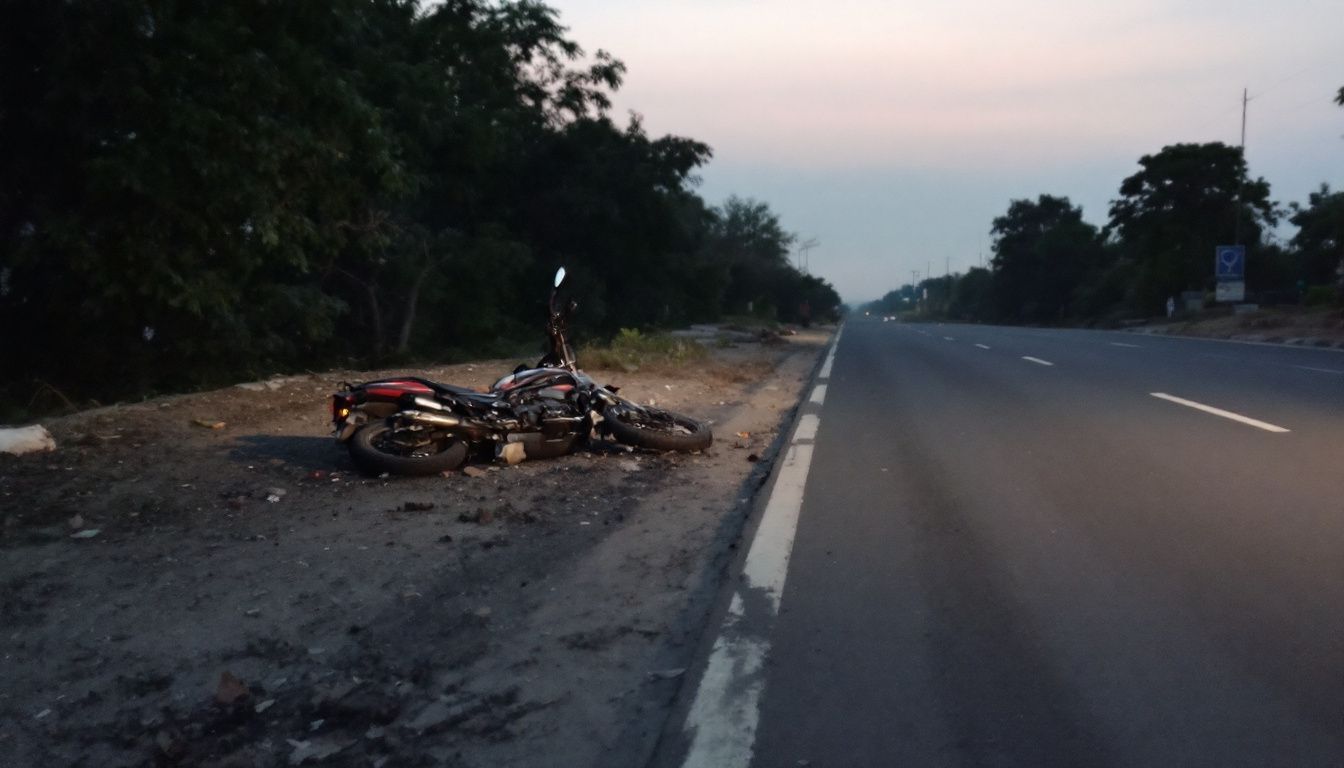Motorcycle accidents can turn lives upside down in seconds. Florida riders face unique challenges when dealing with insurance claims after a crash. This guide will walk you through the steps to take after a motorcycle accident in Florida.
We’ll cover everything from filing a claim to seeking fair compensation. Read on to protect your rights and secure your future.
Key Takeaways
- Act fast after a motorcycle crash: call 911, get medical help, gather evidence, and notify your insurer within Florida’s two-year time limit for filing claims.
- Document everything: take photos, keep medical records, save receipts, and track lost wages to support your insurance claim and prove damages.
- Wear proper safety gear like DOT-approved helmets, gloves, and boots to reduce injury risk and strengthen your case if an accident occurs.
- Seek legal help to navigate complex laws, deal with insurance companies, and fight for fair compensation, especially given Florida’s comparative fault rules.
- Know your rights: you can claim economic damages like medical bills and lost wages, as well as non-economic damages for pain and suffering after a motorcycle accident.
Immediate Steps to Take After a Motorcycle Accident

Motorcycle accidents can happen in an instant, leaving riders shaken and unsure of what to do next. Taking the right steps after a crash can protect your health and legal rights.
- Check for injuries: Assess yourself and others for any wounds or pain. Call 911 if anyone needs urgent medical care.
- Move to safety: If possible, get yourself and your bike off the road to avoid further danger.
- Call the police: Report the accident to law enforcement. They’ll create an official police report, which is vital for insurance claims.
- Gather information: Exchange contact and insurance details with other parties involved. Get names and phone numbers of any witnesses.
- Document the scene: Take photos of vehicle damage, injuries, road conditions, and traffic signs. These can serve as crucial evidence later.
- Seek medical attention: Even if you feel fine, get checked by a doctor. Some injuries may not show symptoms right away.
- Notify your insurance company: Report the accident to your insurer as soon as possible. This starts the insurance claims process.
- Consult a lawyer: Consider talking to a personal injury attorney who specializes in motorcycle accidents. They can guide you through the legal process.
After taking these immediate steps, it’s important to understand how to document your injuries and damages properly.
Documenting Your Injuries and Damages
Proper documentation of injuries and damages forms the backbone of a strong motorcycle accident claim. Keep detailed records of all medical visits, treatments, and prescriptions related to your accident.
These records will show the full extent of your injuries and the care you needed. Take photos of your injuries at different stages of healing to provide visual proof of your recovery process.
Comprehensive documentation is the key to a successful insurance claim.
Don’t forget to document how the accident affects your daily life. Start a journal to track your pain levels, limitations, and emotional state each day. This personal account can help prove non-economic damages like pain and suffering.
Also, get repair estimates for your motorcycle and any other damaged property. These estimates will help calculate the total compensation you deserve for your losses.
Contacting Law Enforcement
After a motorcycle crash, call 911 right away. Police will come to the scene and make an official report. This report is key for your insurance claim. It records details about the crash, injuries, and damage.
Ask for a copy of the report or how to get one later. The police report serves as vital proof for your case.
Next, we’ll look at why seeking medical care is crucial.
Seeking Medical Attention
Get medical help right away after a motorcycle crash. This step is vital for your health and your insurance claim. Even small injuries can become serious later. Go to the ER or see your doctor as soon as you can.
They will check you for hidden problems and start treatment fast.
Keep all your medical records. These papers are key proof for your insurance claim. Follow your doctor’s orders and go to all follow-up visits. This shows you’re taking your recovery seriously.
It also creates a clear record of your injuries and treatment. Good medical records can help you get fair payment for your injuries.
Consulting with a Motorcycle Accident Lawyer
Motorcycle accident lawyers offer free case evaluations to help riders understand their rights. These experts know how to counter bias against bikers and fight for fair compensation.
They gather evidence, deal with insurance companies, and handle legal paperwork. A skilled attorney can explain your options and guide you through the claims process.
Legal support is crucial after a motorcycle crash. Lawyers use expert testimony and strategic negotiation to maximize your settlement. They can help you recover damages for medical bills, lost wages, and pain and suffering.
Don’t accept any offers without talking to a lawyer first. The next step is gathering evidence to support your claim.
Gathering Evidence
Gathering evidence is crucial for a strong motorcycle accident claim. Proper documentation can make or break your case.
- Take photos of the accident scene. Capture damage to your bike, other vehicles, and road conditions.
- Get contact details from witnesses. Their statements can support your version of events.
- Obtain a copy of the police report. This official document provides key details about the accident.
- Keep all medical records and bills. These prove the extent of your injuries and related costs.
- Save receipts for any out-of-pocket expenses. This includes transportation to doctor visits or replacement gear.
- Document lost wages. Get a letter from your employer stating missed work days and lost income.
- Preserve damaged clothing or gear. These items can show the force of impact and severity of injuries.
- Record your daily pain levels and limitations. A journal can illustrate how the accident affects your life.
- Gather any video footage of the accident. Check for nearby security cameras or dashcams that may have recorded the crash.
- Keep all communication with insurance companies. Save emails, letters, and notes from phone calls.
The next step is notifying insurance companies about your accident and claim.
Notifying Insurance Companies
After gathering evidence, you must inform your insurance company about the accident. Call your insurer right away and give them the police report and other key documents. This quick action helps start your claim process smoothly.
Be careful when talking to insurance agents. They often try to pay less or settle fast with low offers. Stick to the facts and avoid saying sorry or admitting fault. If you’re unsure, talk to a lawyer before giving a statement.
They can guide you on what to say and protect your rights during the claims process.
Filing the Insurance Claim
Filing an insurance claim starts with contacting your insurer. You can do this online, by phone, or through a mobile app. Provide all details about the accident, including the police report number and any photos or videos.
Your insurer will assign a claim number and an adjuster to handle your case.
Florida’s no-fault insurance laws limit coverage for motorcyclists. This means you may need to file a personal injury claim against the at-fault driver. Act fast, as Florida has a two-year statute of limitations for motorcycle accidents.
Your compensation could be reduced under Florida’s comparative negligence laws if you’re found partly at fault. Gather all medical bills, repair estimates, and lost wage info to support your claim.
Negotiating a Settlement
Negotiating a settlement for a motorcycle accident claim needs skill and patience. Your lawyer will talk with the insurance company to get you fair pay. They’ll show proof of your injuries and losses.
This includes medical bills, lost wages, and pain costs. The goal is to get you the most money possible.
Insurance companies often try to pay less than you deserve. Your lawyer will fight for your rights. They may use experts to prove your case. If talks fail, your lawyer might suggest going to court.
But most cases end with a deal outside court. This saves time and money for everyone.
Common Challenges in Motorcycle Accident Claims
Motorcycle accident claims often face tough hurdles. Insurance firms may try to pay less, while fault laws can cut your payment.
Dealing with Insurance Companies
Insurance companies often use tactics to reduce payouts for motorcycle accident claims. They may delay processing, dispute liability, or offer low settlements. Some insurers act in bad faith, denying valid claims without proper investigation.
Motorcyclists face extra challenges due to bias. Adjusters might assume riders are at fault without evidence. This unfair treatment can impact claim outcomes and legal proceedings.
To protect your rights, document everything and seek legal help. A lawyer can handle talks with insurers and fight unfair practices. They’ll gather proof to support your claim and push for fair compensation.
With expert guidance, you can overcome insurance company tricks and get the money you deserve for your injuries and losses.
Understanding Comparative Fault
Comparative fault plays a key role in Florida motorcycle accident claims. This rule affects how much money a victim can get after an accident. Florida law reduces compensation based on the rider’s share of blame.
For example, if a court awards $100,000 but finds the rider 20% at fault, they’ll only receive $80,000. Riders must know that they can’t recover damages if they’re more than 50% responsible for the crash.
Helmet use impacts fault assessment in severe injury cases. Florida doesn’t require all riders to wear helmets, but not wearing one could increase a rider’s fault percentage. This could lead to lower compensation or even no recovery at all.
Riders should always wear proper safety gear to protect themselves and strengthen their claim in case of an accident.
Recoverable Damages for a Motorcycle Accident Victim
Motorcycle accident victims can claim two main types of damages: economic and non-economic. Economic damages cover measurable losses like medical bills, property damage, and lost wages.
Non-economic damages compensate for pain, suffering, and reduced quality of life. The National Safety Council reports that disabling injuries from auto accidents cost about $155,000 on average.
This figure includes both direct and indirect costs. In wrongful death cases, families can seek compensation for funeral expenses and loss of support.
Victims should keep detailed records of all expenses related to their accident. This includes medical bills, repair costs, and pay stubs showing lost income. A personal injury lawyer can help gather evidence and negotiate with insurance companies.
They work on a contingency fee basis, meaning they only get paid if you win your case. This arrangement allows victims to pursue justice without upfront legal fees.
Safety Gear Requirements for Motorcyclists: What You Need to Know
Safety gear is vital for motorcyclists. Helmets top the list as the most crucial item. Full-face helmets offer the best protection for riders. They shield the entire head and face from impacts.
Look for helmets that meet DOT or ECE standards. These standards ensure the helmet has passed rigorous safety tests. A good helmet can mean the difference between life and death in a crash.
Gloves and boots are also key parts of a rider’s safety kit. Gloves protect hands in case of a fall. They should be made of tough materials with extra padding on the palms and knuckles.
High-top boots guard feet and ankles. Choose boots made from strong materials that can withstand road friction. Good boots provide ankle support and shield feet from debris. With the right gear, riders can greatly reduce their risk of serious injury.
FAQs about Motorcycle Accident Compensation Claims
Safety gear protects riders, but accidents can still happen. Here are common questions about motorcycle accident compensation claims:
- What should I do right after a motorcycle crash?
Call 911, get medical help, and gather evidence at the scene.
- How long do I have to file a claim in Florida?
You must file within two years of the accident date.
- Can I still get compensation if I was partly at fault?
Yes, but your award may be reduced based on your fault percentage.
- What damages can I recover?
You can claim medical costs, lost wages, pain and suffering, and property damage.
- Do I need a lawyer for my claim?
A lawyer can help navigate complex laws and deal with insurance companies.
- How much is my case worth?
Each case is unique, but factors include injury severity and long-term effects.
- Will my case go to trial?
Most cases settle out of court, but some may need a trial.
- How long does the claims process take?
It can take months to years, depending on case complexity.
- What if the other driver doesn’t have insurance?
Your uninsured motorist coverage may apply in this case.
- Can I get compensation for missed work?
Yes, lost wages are part of recoverable damages.
- What if my injuries show up later?
See a doctor right away and inform your lawyer about new symptoms.
- How do insurance companies determine fault?
They use police reports, witness statements, and evidence from the scene.
- What if the insurance company denies my claim?
A lawyer can help appeal the decision or file a lawsuit.
- Can I get punitive damages?
In cases of extreme recklessness, punitive damages may be awarded.
Conclusion
Motorcycle accident claims in Florida require swift action and precise steps. Riders must collect evidence, seek medical care, and notify insurers promptly. Legal assistance can be crucial in handling complex claims and negotiations.
Understanding your rights and the claim process enables you to pursue fair compensation. With this knowledge, Florida motorcyclists can protect themselves on and off the road.
FAQs
1. What steps should I take after a motorcycle accident in Florida?
After a motorcycle crash, seek medical care right away. Gather evidence at the scene, including photos and witness details. Contact your insurance carrier and consider getting legal representation. A personal injury lawyer can guide you through the claims process and protect your rights.
2. How long do I have to file a personal injury lawsuit in Florida?
Florida law gives you four years from the date of the accident to file a civil lawsuit for personal injuries. This time limit is called the statute of limitations. Missing this deadline could bar you from seeking compensation. Consult a personal injury attorney early to ensure you meet all legal deadlines.
3. What types of compensation can I recover in a motorcycle accident claim?
You may be able to recover damages for medical expenses, lost wages, pain and suffering, and property damage. In severe cases involving brain injury or the need for surgery, you might also claim future medical costs and lost earning capacity. A skilled negotiator can help maximize your settlement offer.
4. How does the discovery phase work in a motorcycle accident lawsuit?
During discovery, both sides exchange information about the case. This process includes depositions, interrogatories, and document requests. Your attorney will gather evidence to support your claim, while the defendant’s team will seek information to build their defense. This phase is crucial for building a strong case.
5. What happens if my case goes to trial?
If settlement negotiations fail, your case may go to trial. Your attorney will present evidence, call witnesses, and argue your case before a judge or jury. The defendant will do the same. Trials can be lengthy and complex, but they may result in a higher award than a settlement offer. Your lawyer will prepare you for this process.
6. How do personal injury lawyers charge for their services?
Many personal injury attorneys work on a “no win, no fee” basis, also known as a contingency fee. This means they only get paid if you win your case or receive a settlement. The fee is usually a percentage of your award. Always discuss fee structures during your free consultation and review the attorney’s client reviews before making a decision.
References
- https://www.greenberglawoffices.com/the-immediate-steps-to-take-after-a-motorcycle-accident/
- https://mikeserranolaw.com/2024/07/05/filing-a-motorcycle-accident-claim-in-florida-a-step-by-step-guide/
- https://mginjuryfirm.com/a-guide-to-motorcycle-accident-claims-in-florida/ (2023-11-10)
- https://www.lawhancock.com/motorcycle-accident-insurance-claims-in-florida/
- https://dysonlaw.com/importance-of-gathering-evidence-after-a-motorcycle-accident/
- https://www.meldonlaw.com/blog/what-to-do-after-a-motorcycle-accident-in-florida/
- https://www.toomuchatstake.com/blog/filing-a-motorcycle-accident-claim-in-florida-what-you-need-to-know-to-secure-maximum-compensation/
- https://www.chaliklaw.com/faqs/how-to-file-a-motorcycle-accident-lawsuit-in-florida/
- https://www.lorenzoandlorenzo.com/personal-injury-guide/motorcycle-accident-causes-and-compensation/
- https://www.jdsupra.com/legalnews/comparative-fault-s-impact-on-florida-3480261/
- https://www.floridamic.org/blog/2024/09/essential-safety-gear-for-motorcyclists-a-guide-to-protection-on-the-road
- https://www.personalinjuryinmiami.com/blog/what-motorcycle-gear-is-required-in-florida/
- https://www.anidjarlevine.com/faqs/navigating-motorcycle-accident-claims-essential-faqs-for-fort-lauderdale-victims/

